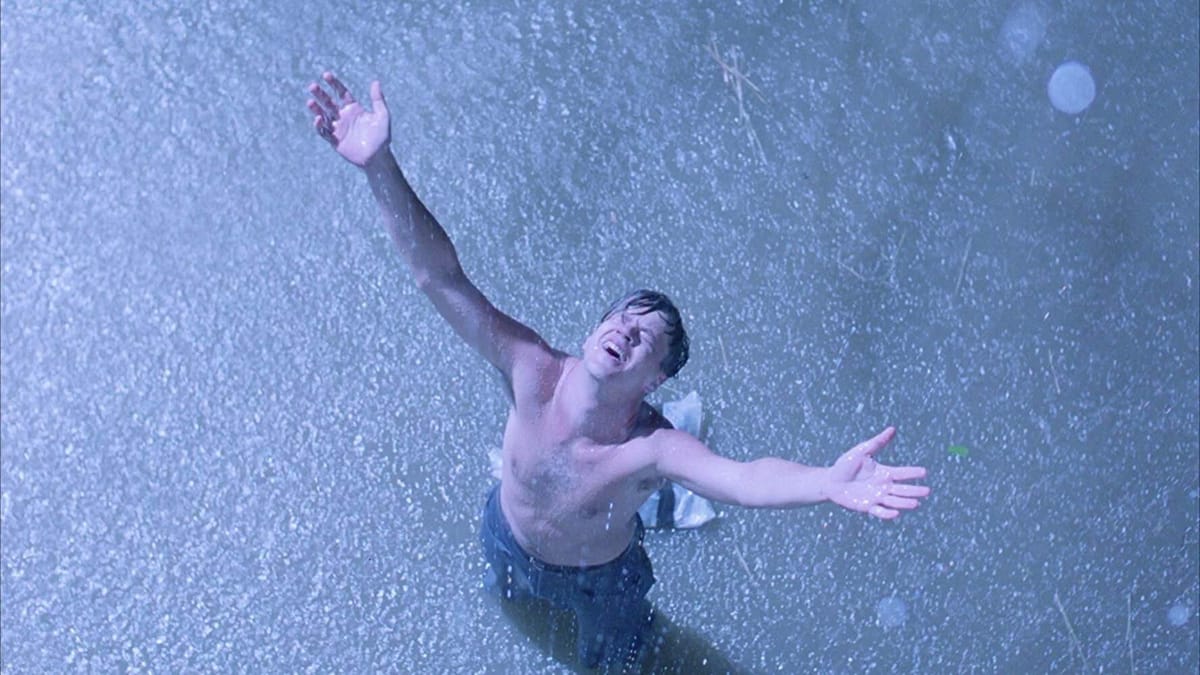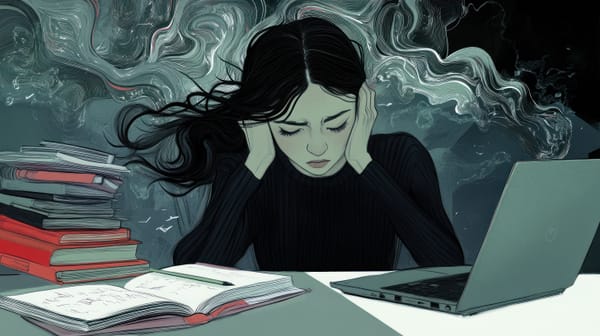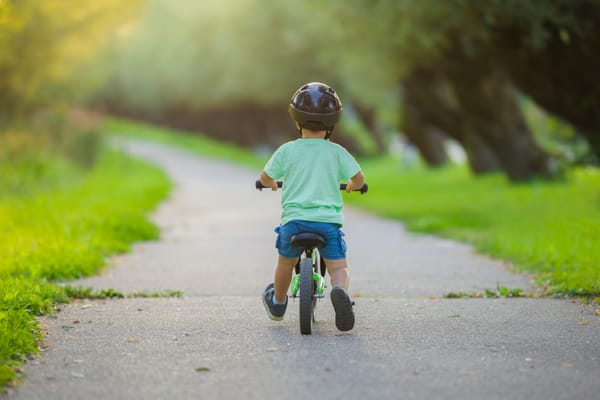Lines in the Rain

I used to hate rain.
The sound against the windows brought me back to places I didn't want to remember. Military service. Nights when the rain meant everything was harder, colder, more dangerous. When getting wet meant losing people I couldn't afford to lose. Rain had become the soundtrack to loss, and I had spent years since then avoiding it whenever possible.
But Hurricane Sandy in October 2012 taught me something I never expected—not through my own experience, but through watching someone else discover what rain could mean.
The city was emptying itself street by street. Eight million people listening to reason, to officials, to that ancient human wisdom that says: take shelter. Find safety. Survive.
That's when I met him.
He had just been exonerated after twenty years of wrongful imprisonment. Twenty years. Taken at eighteen, released at thirty-eight—his entire adult life erased by a system that got it wrong.
As we talked in those strange, suspended hours before Sandy hit, he told me about the strangest thing he had missed behind bars: the feeling of rain on his skin. Not as metaphor or poetry, but as something he had ached for with the persistence of phantom pain.
"I used to dream about standing in rain," he said, and I felt something twist in my chest. Here was someone longing for the very thing that haunted me.
When the hurricane arrived and the city became a ghost of itself, he made a choice that challenged everything I thought I knew about safety and fear. Instead of seeking shelter like the rest of us, he walked into the storm.
I watched him stand there like someone coming home. The rain that sent millions running became his first honest conversation with freedom in two decades. Each drop on his face was proof of presence, of being exactly where his body was, exactly when time was happening.
Standing there, watching him, I felt the weight of my own avoidance. How many storms had I hidden from? How many chances to feel fully alive had I sacrificed to stay comfortable, to stay safe, to stay in control?
The rain was relentless that night. It found every crack in our careful lives, every surface we had tried to waterproof against uncertainty. But for him, it wasn't destruction—it was reunion.
He told me about the spaces of his captivity. How every day had been identical, how time moved like thick water, how he had built an entire adult identity around limitation. No career to lose or find. No ladder to climb. Just the slow accumulation of days behind walls.
"Freedom," he said, water streaming down his face, "isn't the opposite of prison. It's knowing you can choose what touches you."
I think about this often now. How we spend so much energy climbing ladders that might be leaning against the wrong walls. How we mistake motion for progress, titles for meaning, safety for living.
He had been eighteen when they took his freedom—barely an adult, with no real life to look back on, no career to miss or mourn. Now, at thirty-eight, he was starting over in the most literal sense. And rather than seeing this as a loss, he spoke about it as a possibility.
His work now is about presence, about helping people recognize the difference between existing and being alive. Not the kind of work you find in job descriptions or organizational charts. The kind that emerges when you stop running from discomfort and start asking what it might teach you.
I realize I had spent years perfecting the art of avoidance. Not just of rain, but of anything that might disturb the careful equilibrium I had built. The steady job. The predictable routines. The way I could move through entire days without once feeling fully present.
But what if we stopped hiding? What if we learned to see storms as invitations rather than threats?
The storm passed, as storms do. The city returned to itself, resumed its rhythms, and repaired what needed repairing. But something had shifted for me—a recognition that meaningful work, meaningful life, might have less to do with what we achieve and more to do with what we allow ourselves to feel.
Years later, I think of him often, especially when it rains. He taught me that the most crucial boundary isn't between success and failure, but between numbness and aliveness. That fulfillment might be less about our positions and more about our willingness to be touched by forces larger than ourselves.
I still remember "The Shawshank Redemption"—how Andy Dufresne stands in that final storm, arms outstretched, finally free. But now I understand it differently. It's not about escaping to somewhere better. It's about the moment you stop letting fear choose for you.
Sometimes now, when the weather turns and rain begins, I step outside. I let it find me and remind me that I am always in a relationship with the world, whether I acknowledge it or not. Each drop is a small lesson in presence, in the courage to be exactly where I am.
The rain falls. And in the space between shelter and exposure, we choose, moment by moment, how alive we want to be.


